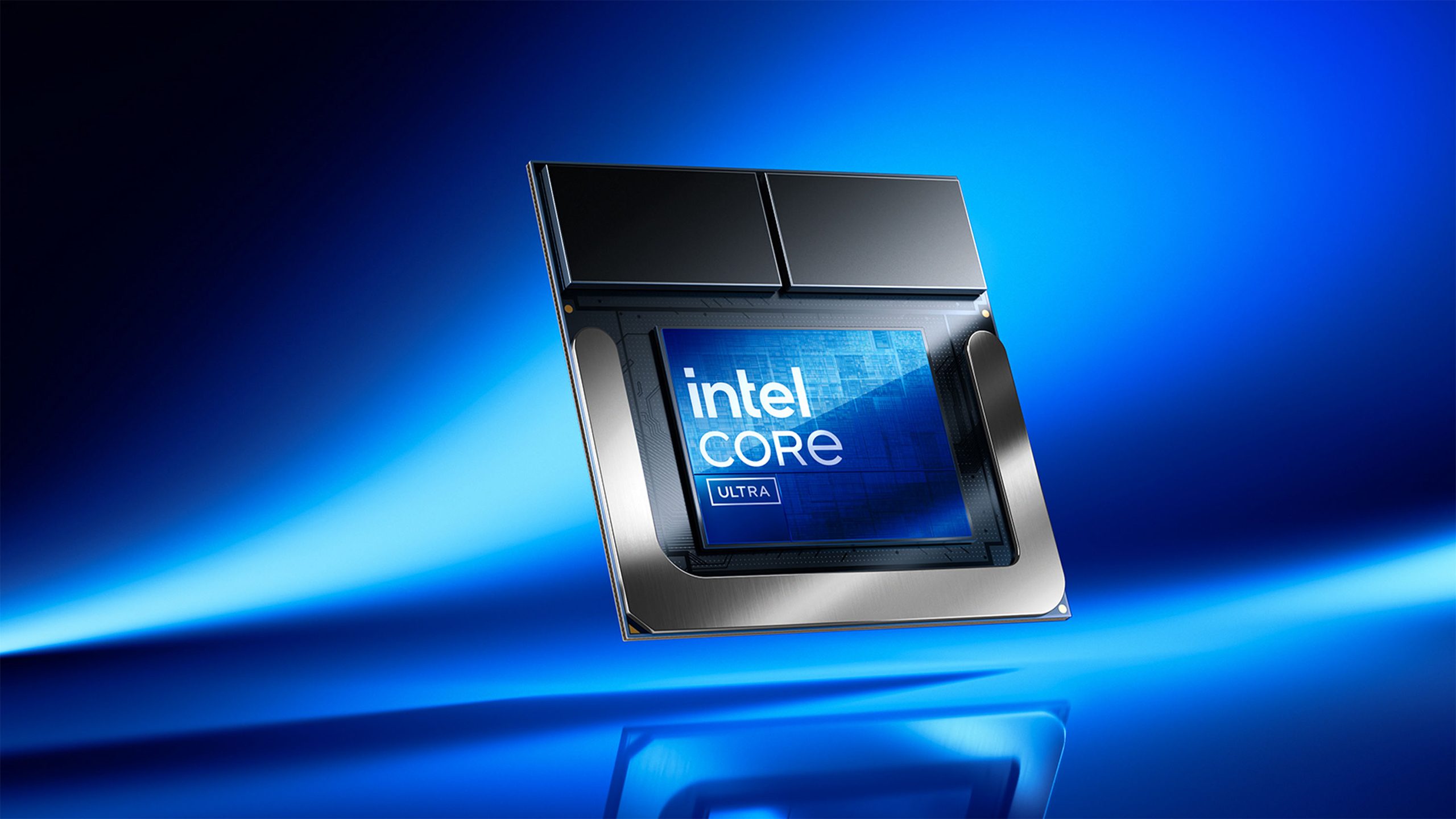Intel Lunar Lake is 'almost entirely' outsourced as Panther Lake and Clearwater Forest get powered on
Intel shares progress.

Intel's results for the second quarter as well as its outlook for the third quarter were, to put it mildly, nothing to write home about. During an earnings call with financial analysts and investors, the company took some time to talk about its roadmap and the financial implications for future results. It appears that Lunar Lake and Arrow Lake CPUs are on track, whereas next-generation Panther Lake and Clearwater Forest processors have powered on.
While Intel's Core Ultra Series 2 'Lunar Lake' processors, due to be announced on September 3 and shipped in volume in Q3 are expected to offer very competitive performance at a very low power, these CPUs are targeted primarily at thin and light notebooks. Furthermore, Intel confirmed that these parts are almost entirely outsourced, so their costs will be fairly high.
"[Lunar Lake] will be the ultimate AI CPU on the shelf for the holiday cycle," said Pat Gelsinger, chief executive of Intel. "Microsoft has qualified Lunar Lake to power more than 80 Copilot+ PCs across more than 20 OEMs which will begin to ship this quarter. Lunar Lake will quickly be joined by Arrow Lake, which will scale AI to the desktop category next quarter."
However, since Lunar Lake's three tiles seem to be made at TSMC and the only thing that Intel will do for this CPU is its advanced packaging, the cost of Lunar Lake will be fairly high for Intel, and will likely impact Intel's margins in the coming year.
"The AI PC is a big winner for the company and the early signals on the performance of Lunar Lake are very positive," said David Zisner, chief financial officer of Intel. "We therefore intend to ramp that product significantly next year to meet market demand. While the part is great, it was originally a narrowly targeted product using largely external wafers and not optimized for cost."
There is good news too. As it appears, the company's next-generation 'Panther Lake' processor for client PCs and Clearwater Forest CPU for servers have powered on and show promising results. Both processors are set to be made internally using Intel's 18A (1.8nm-class) process technology, which promises higher performance, lower power consumption, and higher transistor density in addition to lower costs for Intel, which will positively affect Intel's margins.
"Our [process technology development] efforts will culminate with the introduction of Panther Lake in the second half of 2025," said Gelsinger. "Panther Lake is our first client CPU on Intel 18A, a much more performance and cost competitive process, which will officially allow us to bring more of our tiles in house, meaningfully improving our overall profitability."
Get Tom's Hardware's best news and in-depth reviews, straight to your inbox.
Intel's codenamed Panther Lake is due in the second half of 2025. Another Intel 18A-based product will be available sometime after Panther Lake: the Clearwater Forest datacenter CPU that will succeed the company's 288-Core and 144-core Sierra Forest processors and early samples of Clearwater Forest look promising.
"The early health of Clearwater Forest is really spectacular," said Gelsinger. "This is really stunning. A technical achievement with the new design 18A, this level of health this early in a major server product is really spectacular. The new Foveros Direct [packaging] should have substantial TCO benefits for next year."

Anton Shilov is a contributing writer at Tom’s Hardware. Over the past couple of decades, he has covered everything from CPUs and GPUs to supercomputers and from modern process technologies and latest fab tools to high-tech industry trends.
-
Notton Here is hoping it matches or beats strix point in power/work efficiency and ultra low power when the lid is closed.Reply
If it doesn't, the only selling point left would be price.